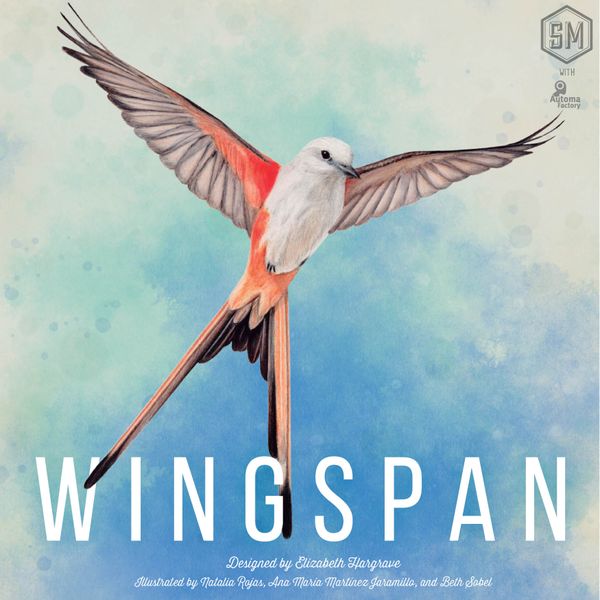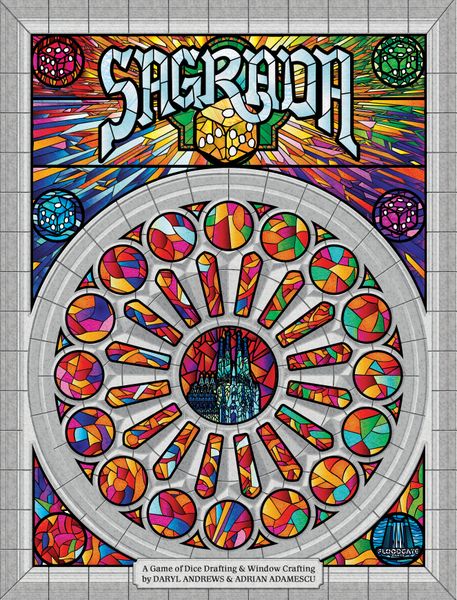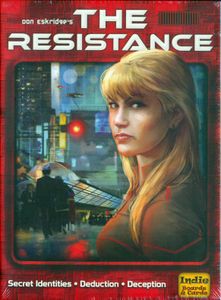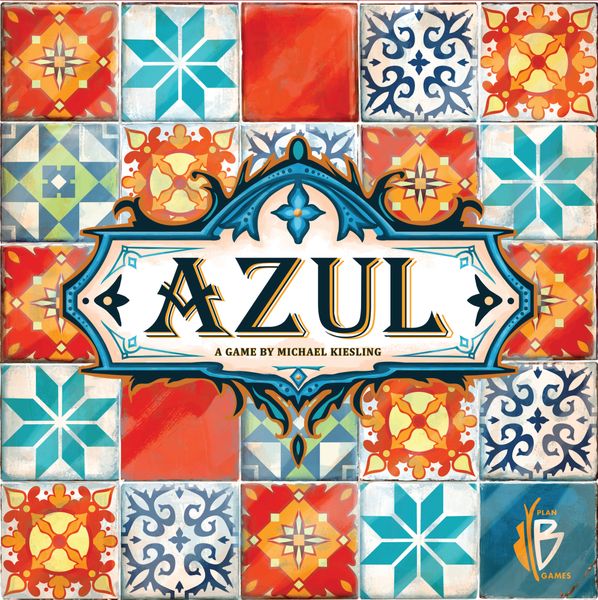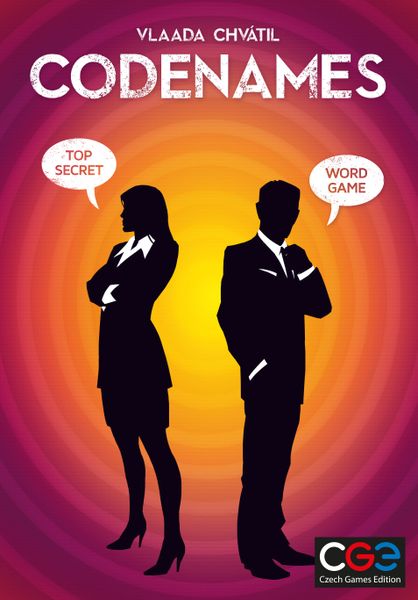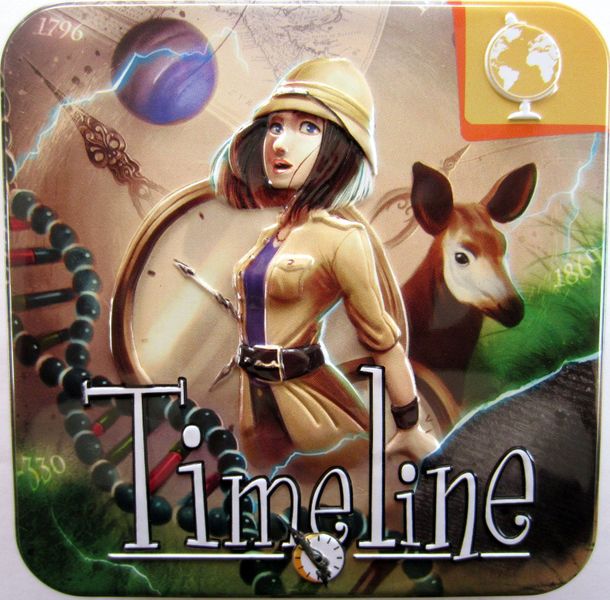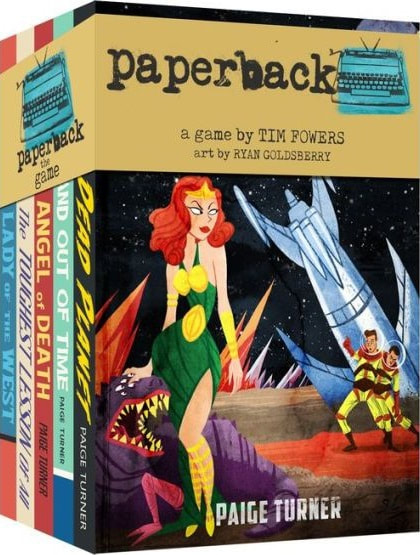Games
All the terminology used in our hobby can be overwhelming. The following list is intended to provide insight for new members and new gamers to understand the types of boardgames played by our group and how they fit into the much larger gaming hobby.
Games are structured entertainment where players engage in artificial conflict, defined by rules, resulting in a quantifiable outcome (thanks Wikipedia!). However, when you hear this extremely broad term within our group and at our events, we usually mean the modern boardgames that are common in our group.
Tabletop Games are played in person over a table, distinguishing them from video games or sports.
Tabletop Games are played in person over a table, distinguishing them from video games or sports.
Types of Tabletop Games
BoardGames are purchased in a box containing all the rules and components necessary to play, usually including a board, or components, like cards or tiles, that are set up to mimic a board layout. There are many types of boardgames, which we'll break down in the next section.
Role Playing Games (RPGs) focus on storytelling and involve players acting as characters proceeding through a story together. They often involve campaigns, which are multiple sessions with the same group. An RPG is typically purchased as a rulebook, with players optionally creating maps and tokens. These are not played in our group, but check out the Toronto Area Gamers (TAG) Meetup Group to find out more.
Examples: Dungeons & Dragons, Pathfinder
Trading Card Games (TCGs) or Collectible Card Games (CCGs) involve purchasing randomized cards to build decks for competition, with a major aspect being the collection and trading of these cards. These games often have organized play sessions and tournament structures so check out the events calendar at your Friendly Local Game Store (FLGS) like 401 Games and Face to Face Games to find out more.
Examples: Magic: the Gathering, Pokemon, Yu-Gi-Oh!
War Games simulate historical or fictional armed conflict through aggressive interactions between players. If you're interested in these, check out the Canucks Amuck Meetup Group.
Examples: Risk, Twilight Struggle, Paths of Glory
Role Playing Games (RPGs) focus on storytelling and involve players acting as characters proceeding through a story together. They often involve campaigns, which are multiple sessions with the same group. An RPG is typically purchased as a rulebook, with players optionally creating maps and tokens. These are not played in our group, but check out the Toronto Area Gamers (TAG) Meetup Group to find out more.
Examples: Dungeons & Dragons, Pathfinder
Trading Card Games (TCGs) or Collectible Card Games (CCGs) involve purchasing randomized cards to build decks for competition, with a major aspect being the collection and trading of these cards. These games often have organized play sessions and tournament structures so check out the events calendar at your Friendly Local Game Store (FLGS) like 401 Games and Face to Face Games to find out more.
Examples: Magic: the Gathering, Pokemon, Yu-Gi-Oh!
War Games simulate historical or fictional armed conflict through aggressive interactions between players. If you're interested in these, check out the Canucks Amuck Meetup Group.
Examples: Risk, Twilight Struggle, Paths of Glory
Types of Boardgames
Classic Games or traditional games are older titles that many of us grew up playing, like Monopoly and Yahtzee. These are played very rarely in our group, as we find that modern boardgames have improved on the mechanics and strategies. If you enjoyed these games, you will likely also enjoy modern boardgames and we encourage you to join us and find out!
|
Modern Boardgames are the games most commonly played in our group which test players ability to think through and gauge the value of available options, typically featuring:
|
|
Social Deduction Games involve players trying to determine each other's randomly assigned secret roles and affiliations through bluffing and accusations. Our group hosts occasional dedicated events for Werewolf and Blood on the Clocktower. Other games, like The Resistance, will sometimes be played at other events, usually before, between or after other games.
|
|
Abstract Games minimize theme, luck and hidden information. Classic versions, like Chess, Backgammon, and Go, were often for only two players. Modern two player versions to check out if you like these games are Patchwork and Hive. You will also see some modern abstract games that support higher player counts, like Azul and Framework, at our events.
|
|
Party Games focus on making players laugh and usually have a flexible player count that can support large groups. At our events, modern versions, like Codenames and Just One, are occasionally played between longer games. Party games that derive their fun from embarrassing players or making them laugh at each other, like Cranium, or contain potentially offensive content, like Cards Against Humanity, are not welcome at our events.
|
|
Trivia Games test the pre-existing knowledge of players through questions that have right and wrong answers. Classic versions like Trivial Pursuit or Scene It simply test whether you have a particular bit of knowledge and tend to be fun only for people who do. Modern versions, like Wits & Wagers or Timeline, allow players to use deduction to guess at answers.
|
Helpful Boardgame Terms
Complexity is a judgement of how easy or hard a game is to learn and master. You will also hear this called weight, with simple games being called 'light' and complicated games being 'heavy'.
Filler Games have simple rules and strategies and playtimes under 30 minutes. These are often played at the start of an event while waiting for others to arrive, between games while waiting for other games to finish, or at the end of an event if there isn't enough time or energy for something longer.
Examples: Love Letter, 6 nimmt, Point Salad
Gateway Games have straightforward mechanics, mid-range strategies, and playtimes around 45 minutes or an hour. If you are new to our events and to modern boardgames, you can ask "Is this a good gateway game?" when someone is proposing a game to ensure it is an appropriate choice. As you learn more games, the mechanics and strategies will feel more familiar, making it easier to learn new games.
Examples: Ticket to Ride, Sagrada
Mechanics are the heart of how a game works. The more mechanics are present in a game, the more complicated it will be to learn. Once you've played some games from each category, you'll likely find that you enjoy some mechanics more than others.
Examples: Worker Placement, Deckbuilder
Filler Games have simple rules and strategies and playtimes under 30 minutes. These are often played at the start of an event while waiting for others to arrive, between games while waiting for other games to finish, or at the end of an event if there isn't enough time or energy for something longer.
Examples: Love Letter, 6 nimmt, Point Salad
Gateway Games have straightforward mechanics, mid-range strategies, and playtimes around 45 minutes or an hour. If you are new to our events and to modern boardgames, you can ask "Is this a good gateway game?" when someone is proposing a game to ensure it is an appropriate choice. As you learn more games, the mechanics and strategies will feel more familiar, making it easier to learn new games.
Examples: Ticket to Ride, Sagrada
Mechanics are the heart of how a game works. The more mechanics are present in a game, the more complicated it will be to learn. Once you've played some games from each category, you'll likely find that you enjoy some mechanics more than others.
Examples: Worker Placement, Deckbuilder
Note: This is far from a comprehensive list of terminology, and many of these terms are used more loosely in discussion than their definition here. Additionally, there are many games that blur the lines between these types, so a game may not fit exactly into one of these categories.

